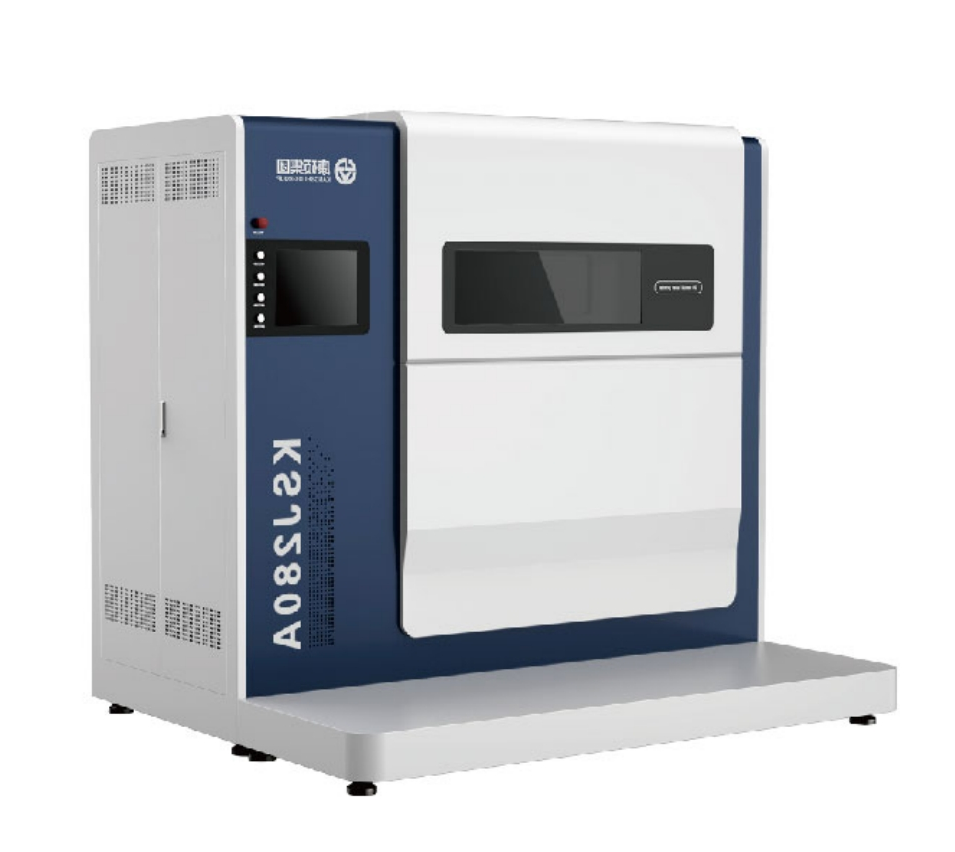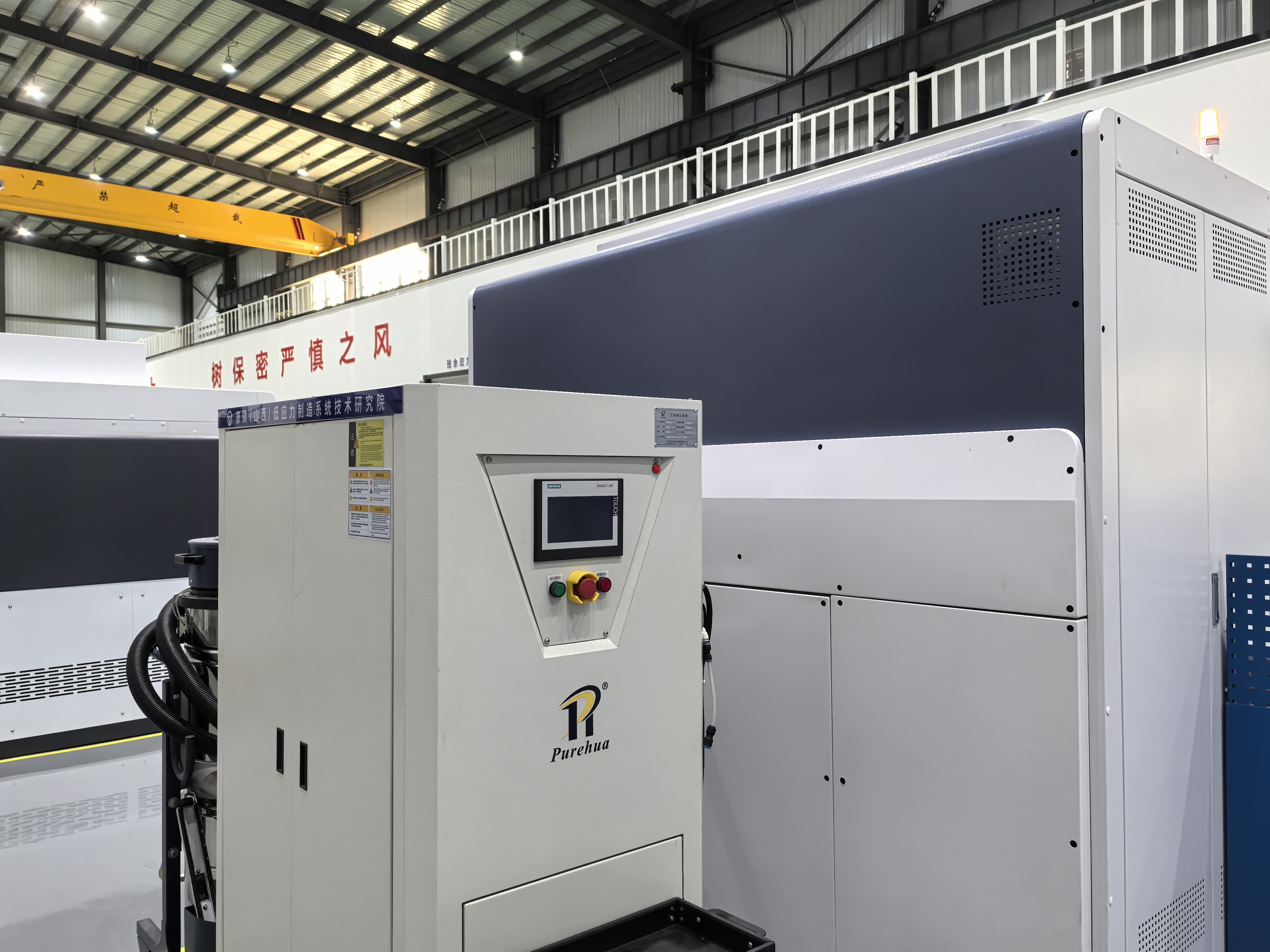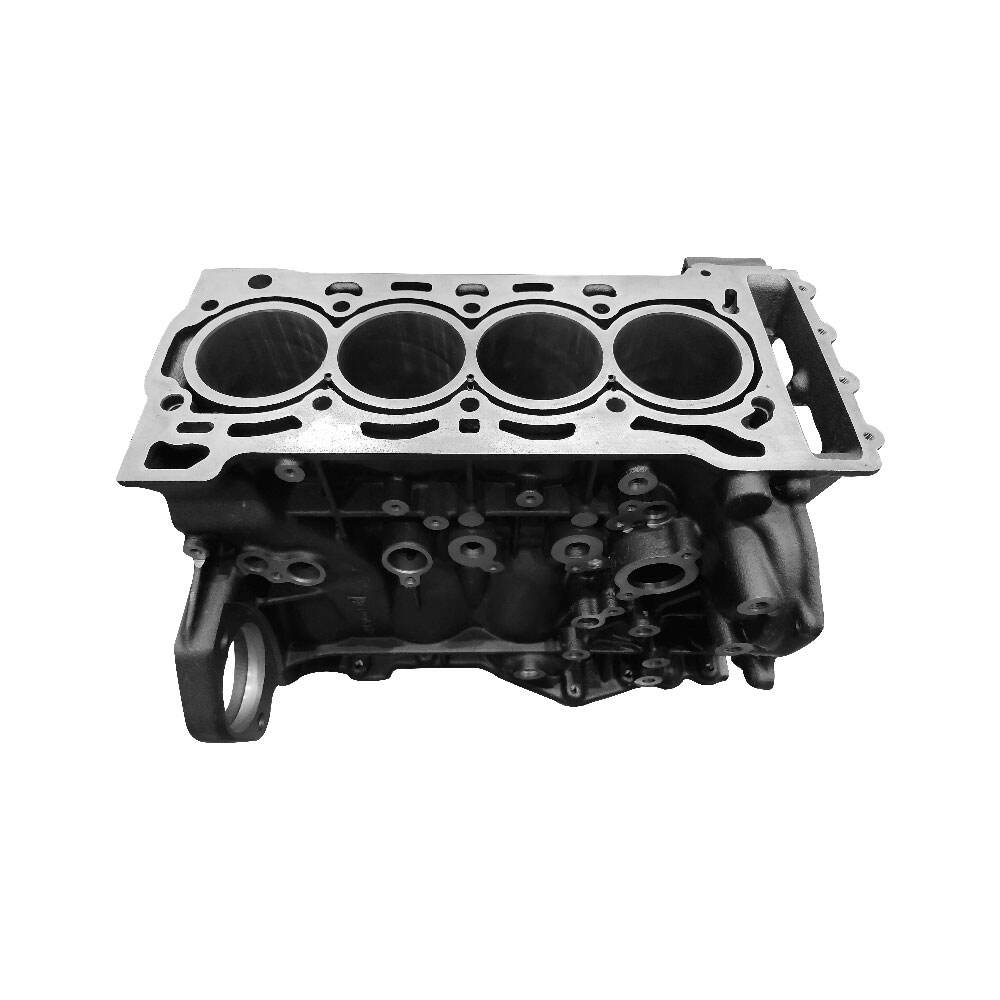sand casting companies
Sand casting companies are specialized manufacturing enterprises that excel in producing metal components through the traditional yet highly effective sand casting process. These companies utilize specialized equipment and expertise to create molds from sand mixtures, enabling the production of complex metal parts across various industries. The process involves creating detailed impressions in specially prepared sand, into which molten metal is poured to form the desired components. Modern sand casting companies employ advanced technologies for mold making, metal pouring, and quality control, ensuring precise dimensional accuracy and consistent material properties. They typically maintain comprehensive facilities equipped with pattern making workshops, molding lines, melting furnaces, and finishing departments. These companies serve diverse sectors including automotive, aerospace, construction, and machinery manufacturing, providing solutions for both small batch productions and high-volume requirements. Their capabilities extend to casting various metals including iron, steel, aluminum, and copper alloys, with the ability to produce components ranging from small precision parts to large industrial castings weighing several tons.


